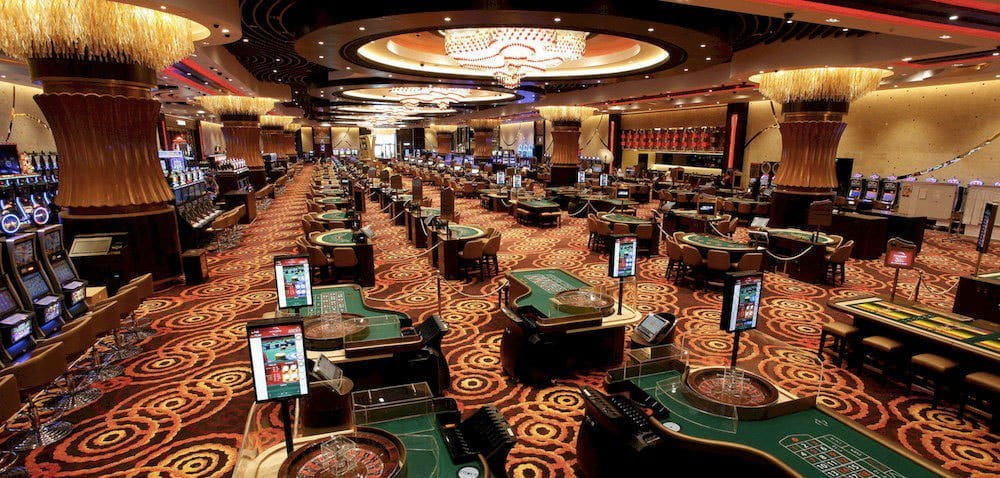China with Filipino gambling providers in conflict
- Copy URL
- Share on Facebook
- Share on Twitter
Surprisingly, the People’s Republic of China has expressed criticism of gambling companies and providers that are based in the Philippines. According to a statement by the Chinese embassy, the gambling providers would target Chinese citizens with their advertising and would not protect them sufficiently. Even though gambling is expressly prohibited in China. Since the development of the Philippines into a true gaming paradise, the island state of the Chinese government has been a thorn in the side.

Official statement of the Chinese message
With clear and clear words, the Chinese government recently over his anger The behavior of some gaming companies and providers Air made that are based in the Philippines. In an official statement by the Chinese government, which was published by the Chinese embassy in the capital Manila in the Philippines, the procedure of online casinos and land-based casinos were criticized that did not adequately protect Chinese employees, but instead above all wealthy Chinese for High -Roller games would recruit-even though gambling is expressly prohibited in China. In the statement it says:
“The fact that Filipino Casinos and other illegal forms of gambling aim at Chinese customers has massively affected China’s interests.”
The clear criticism of China illustrates how much the Philippines, since the island state has developed into a true game paradise, has been a thorn in the side of the People’s Republic. In addition to the offers of land-based casinos and sports betting providers, online casinos are a danger to the Chinese population. Especially because Most online casinos are in Chinese hands and are only registered through the Philippines. In the past three years alone, there have been almost 60 new Filipino gambling licenses for online casinos.
Via smartphone: gambling offers for high scooters
The accusation on the part of the Chinese government towards the gambling providers in the room is that they lure Chinese to gambling via different ways, for example online or by phone. China tries With network locks and a strict ban on gambling it was done against it, but the state blockages were broken in many places. this is done, for example, via smartphones, through which players can put money from filipino sports betting betters and pursue the sporting events in the live stream. likewise, the attracting offers are aimed at wealthy chinese, which are used by their own live dealers Via the smartphone in the so-called high scooter area to be able to play high sums. This area is particularly lucrative for gambling providers, which is why, according to the Chinese authorities, this area is estimated for over 40 percent of the $ 1 billion VIP market. The implemented billions will then be abroad for criminal activities such as Money laundering used.
Chinese employees endangered?
According to the Chinese authorities estimates Around 100,000 Chinese citizens employed by the Filipino gaming companies. They are mainly used for direct with potential Chinese play customers. China expressed fears that Chinese employees could be drawn into criminal actions and activities of the shady gaming providers. In the statement of the Chinese message, among other things, it says:
“A large number of Chinese citizens were illegally recruited by the Filipino gaming industry.”
In interviews and reports, it is repeatedly reported that Chinese employees withdraw the passports and that they were forced to underpaid, hard work over six days a week. According to the Chinese messages, these machinations are comparable to “Modern slavery”. china also announced a clear threat. if the illegal machinations of the gaming companies are not stopped immediately, these would be massively punished by the people’s republic of china. the filipino authorities have already reacted in the recent past and focus on a special unit of tax investigators on the shady companies that are suspected, among other things, to have passed high bills of millions to the tax office. However, whether this step is sufficient for the Chinese authorities in view of the clear statement remains more than questionable.
